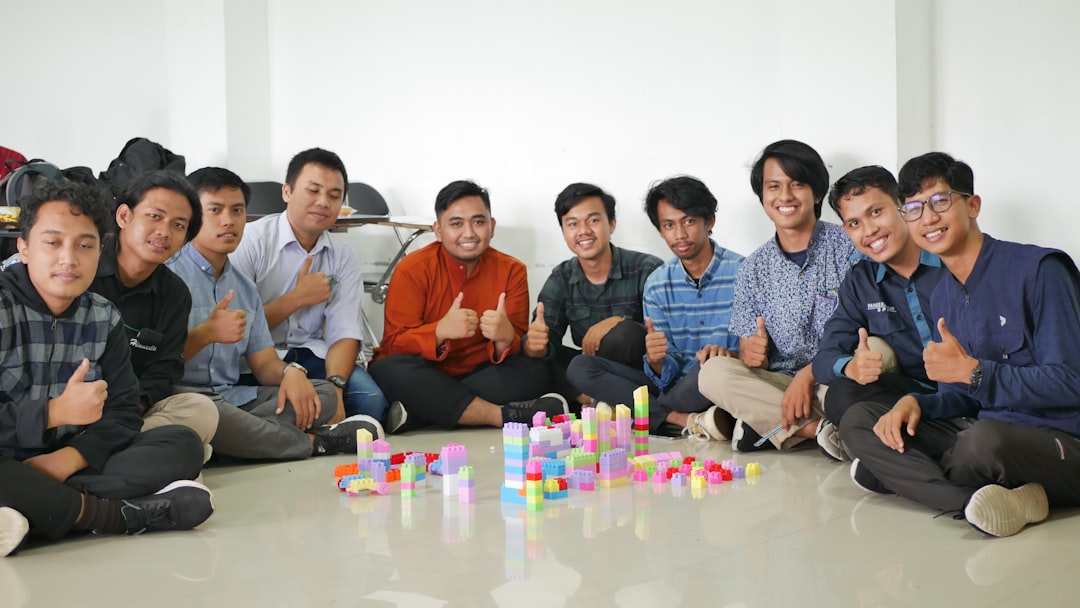In an increasingly competitive B2B market, finding top-tier Sales Development Representatives (SDRs) in 2025 is more essential—and more challenging—than ever. As artificial intelligence enhances automation and outbound strategies evolve, companies need SDRs who are tech-savvy, coachable, and relentlessly driven. But how do you extract those qualities in a short interview window?
We’ve compiled a list of six expert-recommended interview questions to help talent acquisition professionals, sales managers, and founders identify, evaluate, and hire only the most promising SDRs. These questions aren’t just fluff—they’re designed to reveal real skill, mindset, and potential.
1. “Walk me through a time you had to teach yourself something new to reach a goal.”
Top-performing SDRs are hungry learners. This question uncovers how curious and self-driven the candidate is—two traits vital in a fast-paced sales environment where tactics and tools evolve constantly.
What to look for: Initiative, resourcefulness, and a willingness to adapt. Did they overcome obstacles with creativity? The best answers will mention tools, mentors, or strategies they used proactively.
2. “How do you research a prospect before reaching out, and how does that research impact your pitch?”
This question tests strategic thinking and personalization skills—both crucial in an era of outreach overload. SDRs who research well often see higher open and reply rates.
What to look for: Candidates who mention tools like LinkedIn, Crunchbase, or company blogs, and who connect prospect research directly to crafting relevant messaging.

3. “Describe a typical day in your current (or last) SDR role.”
This deceptively simple question provides key insights into their work ethic, daily structure, and prioritization style. Do they balance activity volume with quality? Are they process-oriented or scattered?
What to look for: Intentional scheduling, a mix of prospecting channels (calls, emails, social), and signs of following up systematically. Look for specifics over generalities.
4. “Tell me about a deal you helped influence, even though you weren’t the one who closed it.”
Even though SDRs don’t close deals, their work builds the foundation for pipeline revenue. This question reveals their understanding of the customer journey and ability to align with Account Executives (AEs).
What to look for: Clear story arcs: discovery, handoff, collaboration with AEs, and impact on the final deal. Top SDRs will narrate how their initial outreach created real business opportunity.
5. “When was the last time you missed quota? What happened, and what did you learn?”
Failure is an essential part of a sales career. By discussing it openly, the candidate reveals resilience, humility, and a growth mindset—qualities that differentiate long-term performers from short-lived hires.
What to look for: Honest reflection. Ideal responses don’t blame others or external forces. Instead, they uncover blind spots and speak to self-improvement and corrective action.
6. “How do you stay motivated during slow months or heavy rejection periods?”
One of the hardest parts of being an SDR is dealing with constant rejection. This question dives into their emotional readiness and overall mindset sustainability in a challenging role.
What to look for: Concrete strategies like morning routines, accountability partners, or even gamification techniques. Candidates who have personal frameworks for staying positive are less likely to burn out.

Bonus Tip: Make It a Role-Playing Game
Beyond questions, consider incorporating a brief mock cold call or email critique into the interview. Seeing candidates in action helps assess tone, objection handling, and confidence—essential soft skills in the SDR toolkit.
Bringing It All Together
Hiring SDRs in 2025 isn’t about resumes or industry jargon—it’s about identifying work ethic, intelligence, and adaptability. The six questions above provide a diagnostic lens into each candidate’s potential to thrive in your unique sales environment.
By combining meaningful questions with scenario-based assessments and objective scoring, hiring managers can spot the high-performers early and reduce costly mis-hires. With the right SDRs at the front lines, your pipeline—and your profits—will remain future-proof.
